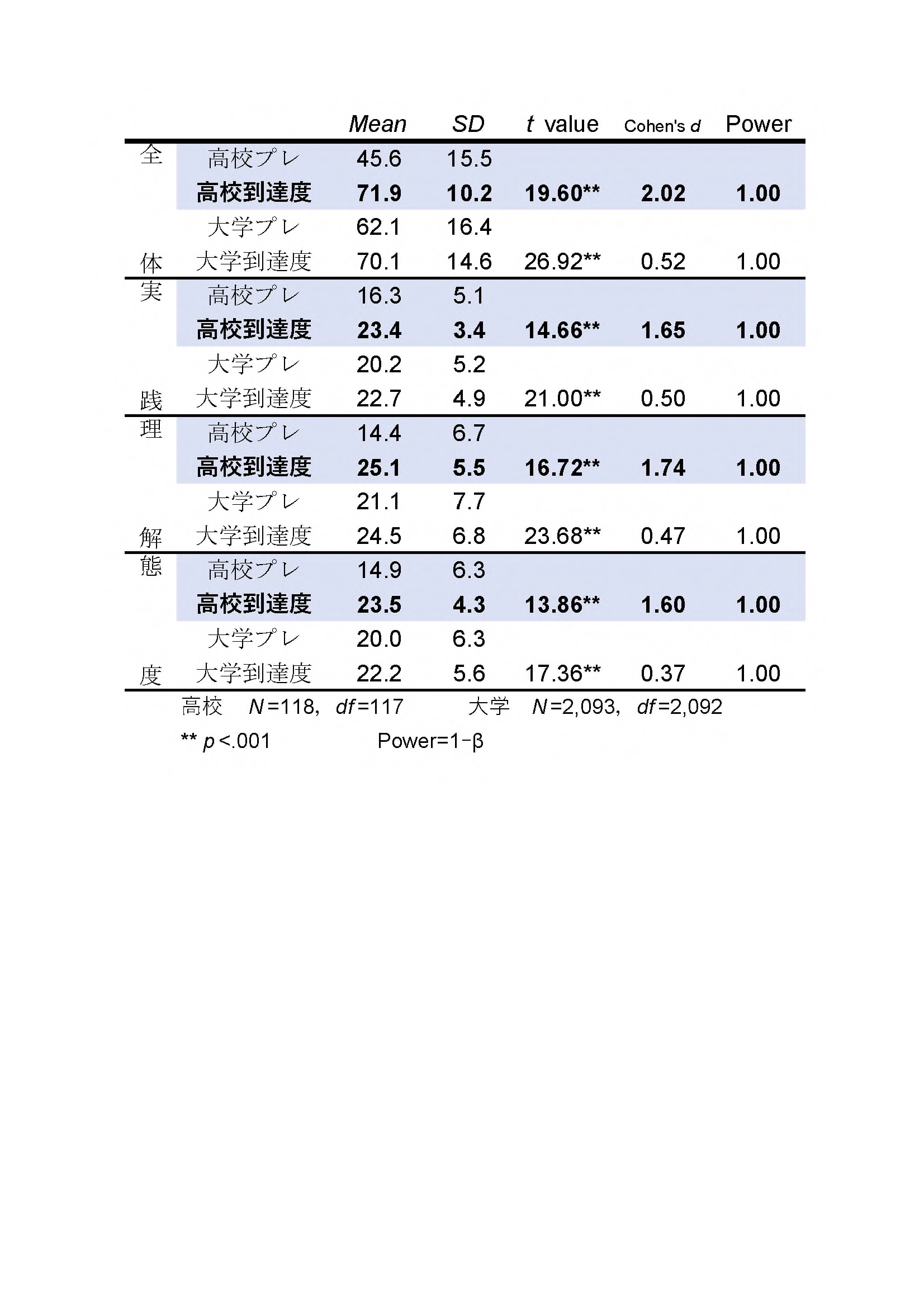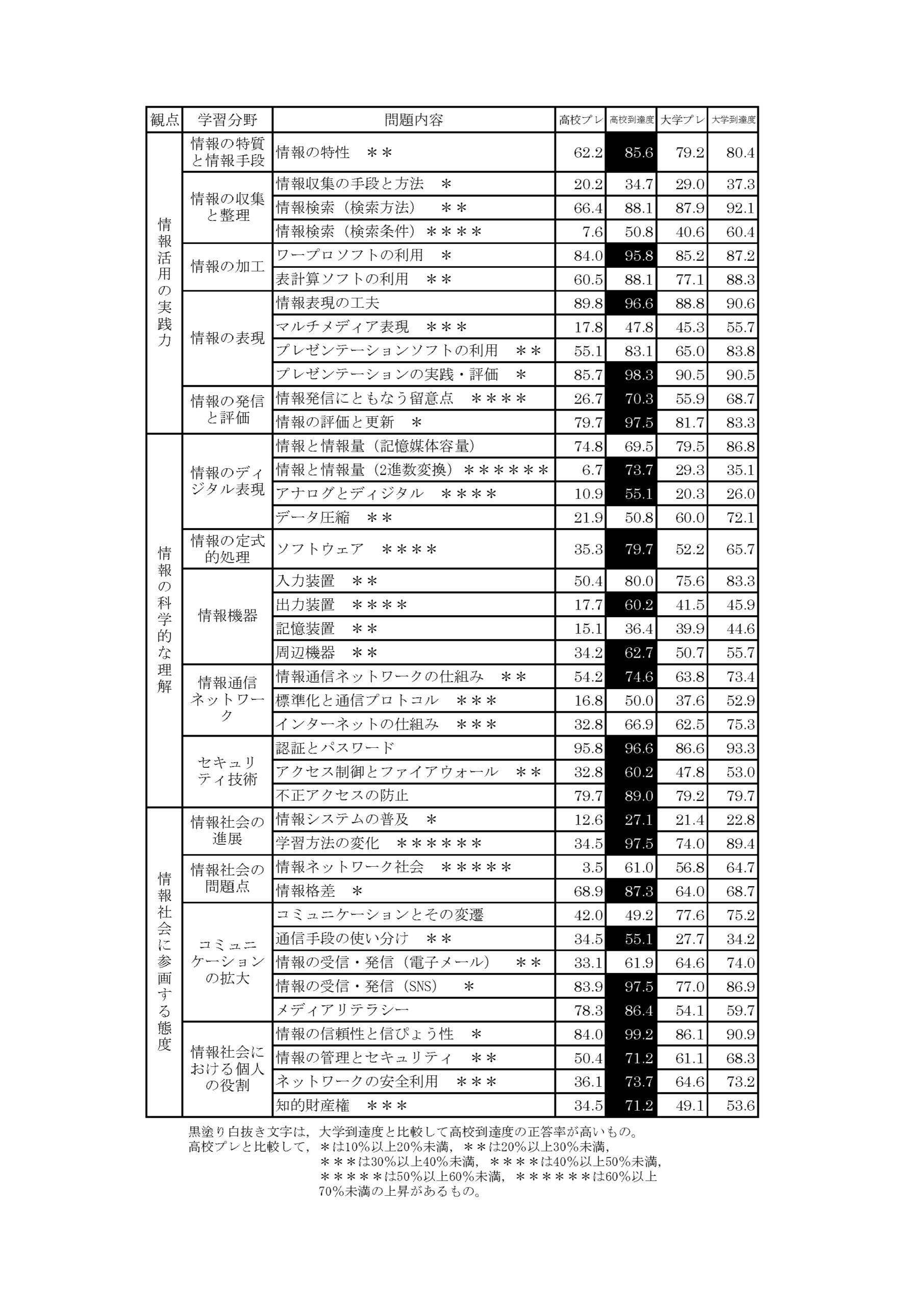An e-Learning-Based ICT Literacy Intervention for High School Students
High school and university collaborate on new information education
A joint research team with members from Ehime University and the Ehime University Senior High School developed an e-learning program to provide university-level information education to high school students, improving their information skills to the level of second-year university students or higher.
Background of Introduction
In 2014, Ehime University was selected for the Japanese Ministry of Education, Culture, Sports, Science and Technology Accelerated Program for the Revitalization of University Education, “Enhancing the Achievement of University Education. Under Theme III, “Collaboration between High Schools and Universities,” the project’s objective was to “Enhance the Outcomes of University Education: From Early Motivation to Profound Learning.” A team with the Ehime University High School was formed to develop and implement education programs that provide university-level education to high school students. One such program is the “Early Information Education Program Using e-Learning,” which was introduced in 2017 using Ehime University High School as a model school.
We have developed an early information education program by modifying some of the e-learning materials developed for first-year university students. To suit the current situation of high school students we made adjustments according to their current level of information literacy, the amount of time they could be expected to use, the method of implementation, and the e-learning tools available, so that high school students could work on the program without any difficulty. This program was introduced in the subject “Information” taken by first-year students of Ehime University Senior High School and was implemented from June 2017 to February 2018. We analyzed the results of the program and found that the average information skills of first-year high school students were higher than those of second-year university students (national and private universities in Japan, including both humanities and sciences majors using data from approximately 2,100 students). We classified the students into three groups (high, middle and low) based on their information skills at the time of entrance to high school. At the end of the program a detailed analysis of the information skills of students in all groups showed that they improved. The improvement was particularly pronounced in the middle and low groups, with the low group’s information skills improving to the level of the average second-year university student. In addition, the high school students who participated in the program felt that the program was effective, and it was confirmed that the program highly increased the willingness to use and an awareness of the effectiveness of e-learning. It was suggested that even if the e-learning materials were developed for first-year university students, they can be effectively used not only by university students, but also by high school students if the program is appropriately designed to accommodate the actual conditions of high school students.
The subject “Information” will be added to the Common Test for University Entrance Examinations from the 2025 academic year, but a major problem is that there is not enough training in this subject for high school teachers. This program, therefore, is expected to contribute to information education in the future, as it can achieve a high educational effect by utilizing e-learning.
This research received the 3rd Paper Award from the Japan Association for Developmental Education (JADE)
Reference URL: http://www.jade-web.org/award/paperaward2021.html
Bibliographic Information
Educational Outcomes of an e-Learning Based ICT Literacy Intervention
for High School Students, Eiji Akiyama, Masaki Nakamichi, Kazuhiro Tsuzuki, Koji Mitsumune, and Tetsuaki Miyoshi, Journal of the Japan Association for Developmental Education, Volume14, 13-20, doi.org/10.18950/jade.2019.05.21.01, 2019 (July 1st).
Fundings
- MEXT Grant for Project for Promotion of Inter-University Collaborative Education, 2012, Promotion of proactive learning through the use of a common base system for the development of undergraduate skills, Representative University: Chitose Institute of Science and Technology
Fundings
- 2014 Accelerated Program for the Revitalization of University Education "Enhancing the Achievement Level of University Education: From Early Motivation to Profound Learning", Theme III: High School University Connection, Ehime University
Media
-

Comparing information skills of high school and university students.
As a result of a year-long effort, the average high school student's information skills (high school achievement level) improved to a level equivalent to or higher than those of second-year university students (university achievement level) both overall and in the categories of practical information use skills, scientific understanding of information, and participation in the information society.
credit : Authors
Usage Restriction : Please get copyright permission -

Percentage of correct answers by question category.
The proportion of questions that were answered correctly by high school students (high school achievement) was higher than the proportion of questions answered correctly by university sophomores (university achievement): 25 out of 40 questions (62.5%).
credit : Authors
Usage Restriction : Please get copyright permission
Contact Person
Name : Eiji Akiyama
Phone : +81-89-927-9320
E-mail : akiyama.eiji.mk@ehime-u.ac.jp
Affiliation : Law and Letters
